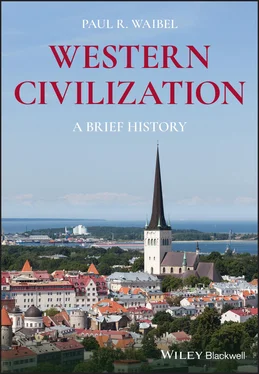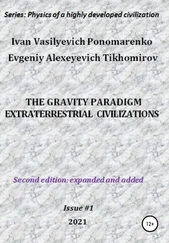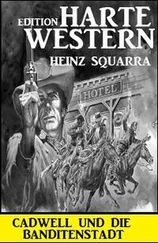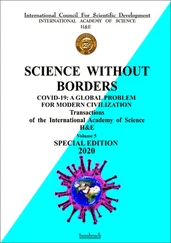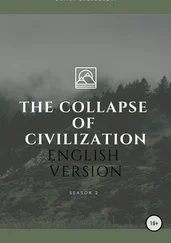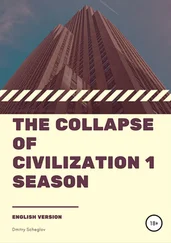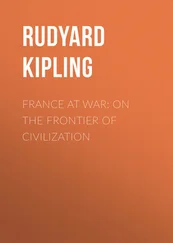The Spartans caught the Athenian fleet off guard at Aegospotami in the Hellespont. They captured 160 of the Athenian ships. The Spartans then laid siege to Athens by both land and sea. Without its navy, the proud Athenians were forced to surrender in 404 BC. The Peloponnesian War, sometimes seen as a contest between an elephant and a whale, was won by the elephant.
Sparta's allies demanded that Athens, in defeat, be dealt with as Athens dealt with those whom it defeated, that is, the city destroyed, the men massacred, and the women and children sold into slavery. Sparta refused. Instead, the Delian League was dissolved and Athens was required to surrender what was left of its fleet and dismantle its defensive walls. Aristocratic rule under a government of Thirty Tyrants was imposed on Athens, with Spartan support.
The Greek spirit was broken. The pursuit of selfish interests replaced the old devotion to the city‐state. Civil war among the city‐states became the order of the day during the fourth century BC, while to the north in Macedonia, the stage was being set for the next phase of Greek history.
After the Peloponnesian War, no individual city‐state was able to dominate the rest or impose unity on Greece. Sparta, Thebes, and Athens each, in turn, held brief sway. Finally, in 387 BC, Persia imposed the “King's Peace” on Greece, with Sparta as its agent in supervising the peace. The Ionian city‐states remained under Persian control, and all power blocks within Greece were forbidden. Greece remained splintered into numerous independent city‐states. Remaining divided, the Greeks were unprepared for the threat presented by Philip II (359–336 BC) and the Kingdom of Macedon in the north.
Philip II studied the battle tactics of the Greeks, especially the heavily armored hoplites, while living in Thebes during his youth. To meet the challenge presented by the hoplites, Philip developed a new formation, the phalanx of 10 ranks of infantry armed with long pikes and small swords. By 357 BC, Philip united Macedonia and gained access to the sea. In 340 BC, he defeated the hastily formed Hellenic League of Greek city‐states at the battle of Chaeronea. The independence of the Greek city‐states was finally ended, as they were united under Philip's leadership in the League of Corinth. Philip II was the master of Greece.
In 337 BC, the League of Corinth declared war on Persia to avenge the destruction of Greek temples by Xerxes. Philip sent an advance army across the Hellespont in the spring of 336 BC. Philip was assassinated by one of his own bodyguards before he could join his army. Whether the assassin acted alone, or was part of a conspiracy, remains unknown. His son, Alexander, was among those who were rumored to be the instigators of the plot.
Alexander (356–323 BC) succeeded his father at the age of 20. He inherited the war with Persia along with the throne. Thebes rebelled, believing a rumor that Alexander was dead. After destroying Thebes for its treason, Alexander crossed the Hellespont in May, 334 at the exact spot where Xerxes began his invasion of Greece in 480 BC.
Alexander the Great's career has become romanticized and clouded with mystery over the centuries since his death in Babylon in 323 BC at the age of 33. He was, no doubt, a military genius. Even if we grant that the Persian Empire of the time was only a weakened shadow of what it had once been, still Alexander's conquest of it in less than 10 years was a feat seldom, if ever, matched. What his real intentions were for the future can only be guessed. Did he really intend to promote a fusion of cultures and, thus, some sort of new world order as some suggests, or was he merely trying to build a power base from which to launch a conquest of the western Mediterranean? Perhaps in the final analysis, Alexander the Great was only a madman who set out to conquer the world. Whatever his real motives, he changed the world.
The Hellenistic Age (323–31 BC)
Shortly after his death Alexander's empire was divided among his leading generals. Alexander's mother Olympia was murdered in 316 BC. His wife Roxana, daughter of a Bactrian chief, and their son were both killed in 310 BC. Roxana had previously killed two of Alexander's other wives fearing they were a threat to her and her son. After dividing the administration of the empire among them, the generals fought one another until 281 BC, when three successor kingdoms were recognized. The Antigonids ruled Macedonia; the Seleucids ruled Asia Minor and Mesopotamia; the Ptolemies ruled Egypt.
During the Hellenistic Age, following the death of Alexander the Great, the independent city‐state that characterized the Hellenic Age was replaced by a cosmopolitan world of kingdoms and empires, all of which were permeated by Greek culture. Koine , a form of Greek, became the lingua franca throughout most of the Mediterranean world. Alexandria in Egypt, founded by Alexander the Great, became the economic and cultural center of the Mediterranean world. There, Hebrew scholars translated the Old Testament into Greek and began studying Greek philosophy. Historians began to write universal or world histories. The spread of Greek culture from the eastern Mediterranean to the Indus River was one of the great legacies of Hellenization. But this Hellenization remained only a thin veneer limited largely to the urban centers. Outside the cities, in the countryside, there was not even a veneer. There, the old ways remained dominate and the “world” did not extend beyond the immediate experience.
For the sake of brevity, and because we know more about Athens than the other city‐states, we will consider Greek society during the classical period as it existed in Athens. The population of Athens and other city‐states, except Sparta, consisted of three classes: citizens, resident foreigners (metics), and slaves. Only free adult men were citizens allowed to participate in governing the city‐state. Beginning in 451 BC, only male children of parents who were both Athenians were granted citizenship. Resident foreigners, who were often traders and craftsmen, were not citizens. Freed slaves were included in the metics.
Women were Athenians, but little else. Athens was a men's only club. Girls in their mid‐teens normally married men in their early thirties. The marriage was arranged by the girl's male guardian. Often the bride did not meet her chosen husband until the wedding day. Once married, her life was largely restricted to the women's quarters. She did not go out in public unless accompanied by a male. Men did the shopping, not women. Wives did not dine with their husbands. They could not act in plays, and if they attended a play, they were required to sit in the rear, away from the men. Married women were not allowed to attend the Olympic Games, where the athletes competed in the nude. The penalty for violating this regulation was death. Unmarried women were allowed to attend the games.
Women were not given any formal education, unless one considers training in household chores an education. A wife's proper station in life was to keep her husband's house and raise his children. Aristotle believed that women were incomplete males. They were necessary for a successful and happy community, but “the male is by nature superior, and the female inferior; and the one rules, and the other is ruled” (Perry et al. 2003, p. 57). The character Procne (sister of Philomela and wife of king Tereus) in Sophocles play, Tereus , points to a woman's fate in classical Athens:
And now I am nothing on my own. But often have I seen women's nature to be like this, since we are nothing. Young girls in their father's house live, I think, the happiest life of all humanity. For folly always brings up children delightfully. But when we have reached the prime of life and are prudent, we are pushed out and sold, away from our ancestral gods and our parents, some of us to foreign husbands, some to barbarians, some to joyless homes, and some to abusive ones. And, when a single night has yoked us, this is what we must approve of and think of as a good life
Читать дальше
